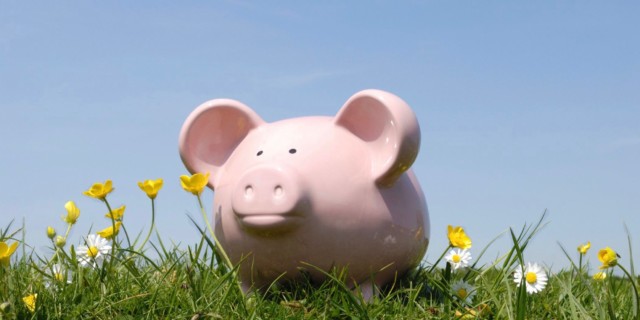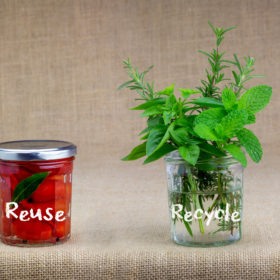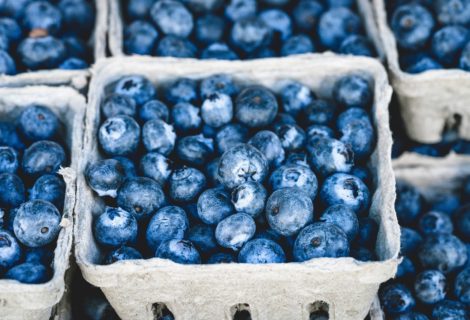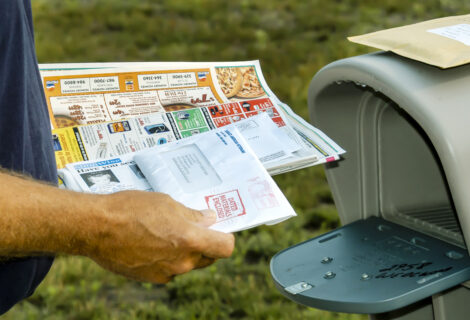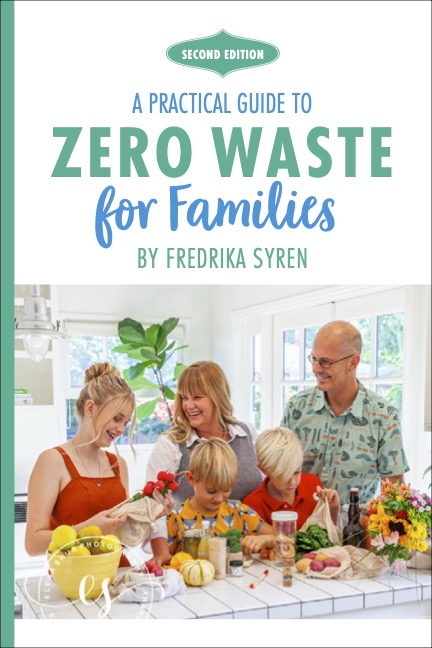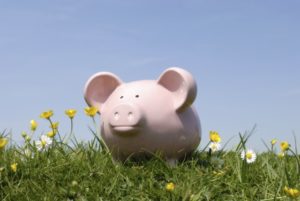
In this crazy times and economic challenges many of us are looking to saving money and living as frugal as possible. January is in general the month many of us are looking to save some money after the holidays so here are my tips for how you can save money the eco-friendly way with your family. So to keep living green and healthy and still save money, we have been making some small changes. Some ideas I listed below might seem so small that you’ll wonder how they can make a difference, but everything counts and adds up.
Leave the car at home and walk: Bike or take public transportation when possible. Instead of using the car, save money by biking or walking to your destinations. We have baby seats and a trailer to bring the younger kids along, and our oldest rides her own bike. It’s great because kids love the bike ride, you save the environment and money, and you get exercise at the same time. If public transportation is not possible and you have to take the car, combine errands into a single trip, and take along others who are going to the same destination.

Brew. Don’t Buy: Skip the daily visit to the coffee shop: I know that on some days you feel as if a strong cup of coffee is the only thing that will help you survive. It might not seem like a lot of money, but since one latte can cost about $5, just multiply that by 7 and see how much that is in one week. By making your own coffee at home and having a reusable coffee mug on the go, you will save around $100 per month. If you’re not ready to give up Starbucks, then choose regular coffee because that’s cheaper. And bring your own reusable cup since lots of coffee places will give a discount if you bring your own cup.
Unplug all electronics if not using them: Anything plugged into an electrical outlet uses energy even when not in use, so make sure electronics are plugged in only when being used. Or invest in a smart strip that automatically turns off power when not in use.
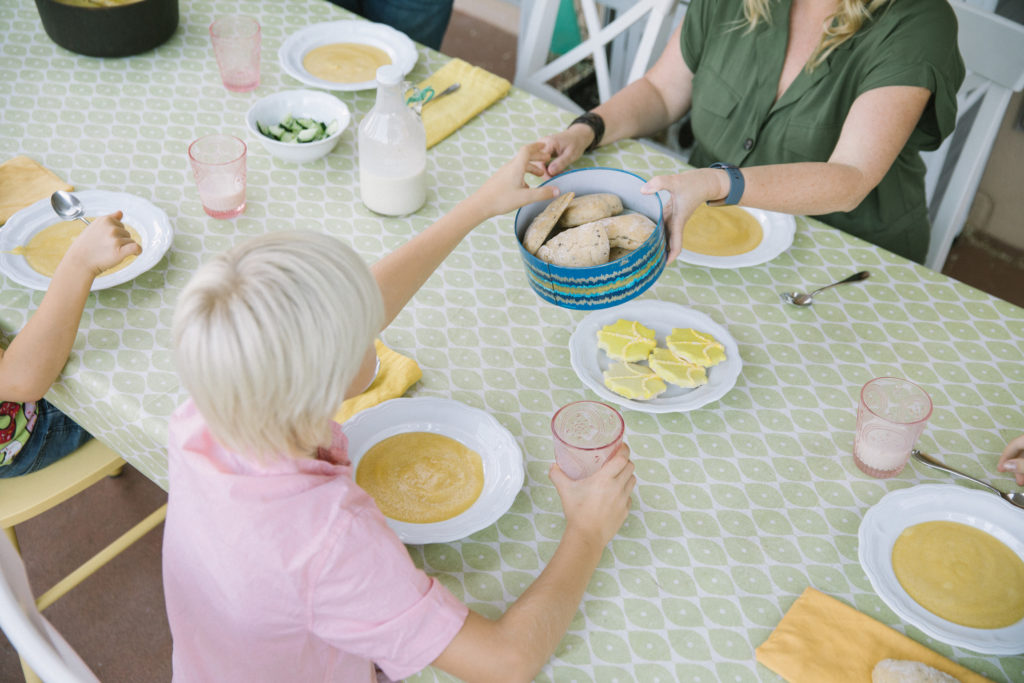
Don’t eat out so much, and skip the booze if you do: Invest in a used cookbook, start following some inspiring home chefs and become your own master chef. Trust me, you can make it fun having dinner parties with home cooked food instead take-out from a restaurant, which is so much more expensive and not really that good for the waistline. If you still want to treat yourself to a meal out, skip the alcohol since that makes it more expensive.
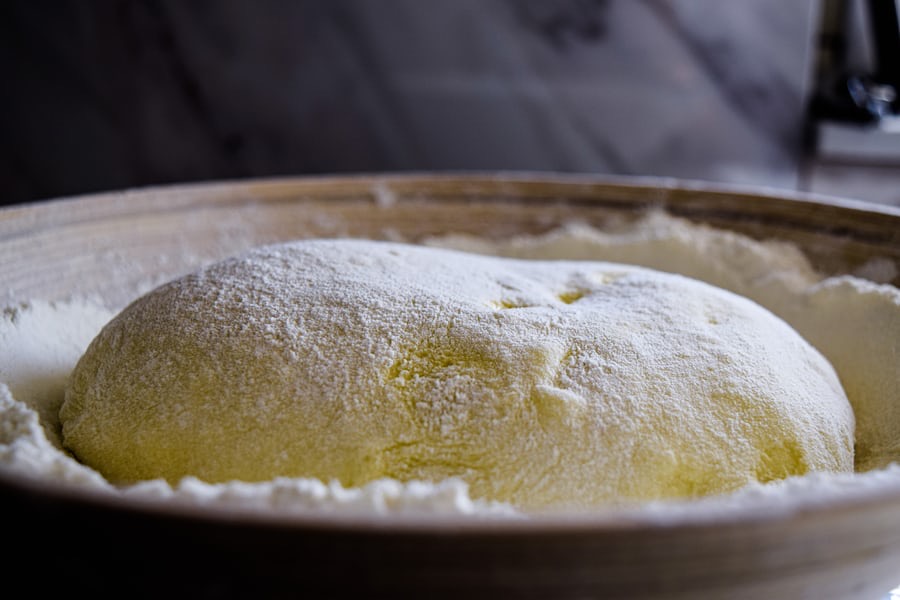
Bake your own bread: It only requires flour, water, salt and yeast or baking powder to bake so quarantine time is a great time start baking.
Lower heat and water heater: Here on Zerowastefamily.com, I have already posted an article about how to keep your home warm the green and cheap way, so check it out.
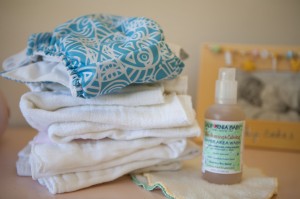
Use recycled items for kids crafts: Save print paper, old cardboard boxes, old toilet paper rolls, newspaper and textiles to use for kids’ crafts. It’s amazing what you can do with all this stuff. We have made a Barbie house and clothes, bird feeders and pirate hats from lots of recycled stuff. Our kids will look at a box and ask, “So, what can we do with this?”
Use cloth diapers and wipes: Cloth diapers and wipes might be expensive but they’re a one time purchase. It will reduce trash that stays in the landfill for 100 years and save you money in the long run because the cost of diapers and wipes for about 2 years per child is pricy.
Do free online and or workout outside: The best thing I ever did was to skip my gym and paid for online classes and head outside for my workout. These days, I hike, bike, power walk or run for exercise; and it’s completely free.
Buy used clothes: The very best is to not buy any clothes at all right not but with all the malls closed it’s easy to start shopping a lot online but make sure to buy clothes used and my favorite is Thredup.com
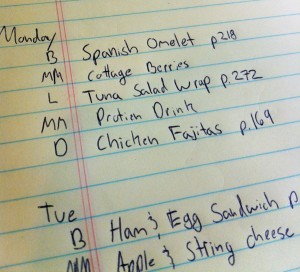
Don’t throw food away: According to a report by the Natural Resources Defense Council’s food and agriculture program (NRDC ), the average American family throws away 40 percent of its food, adding up to $2,275 annually. I have to admit that we used to throw out food, too. However, these days I try to use up everything by freezing leftover cheese, onions, etc. I even make bread crumbs from end pieces of bread or stale bread, and make soups and stews from the veggies about to go downhill. At the end of the week, I take inventory of what we have left and write it down so I can see what we have, then I make up dishes from it. We also have leftover Monday before our CSA box arrives, when we try to eat up all leftovers and create from what is available.
Make a menu and stick to it: Having a menu posted on the fridge makes planning ahead easier, and we have fewer “uh-ohs,” when it would be easy to call for pizza because the kids are starved and no food is cooked.

Write a shopping list and stick to it: Once you decide on a menu, write a shopping list so you know exactly what you need. You will have less chance of coming home with things that you had not planned to buy.
Buy organic food from local farmers: Some farmers markets are still open despite quarantine but some you can still order food from and have it delivered. The bottom line is that It’s local, which means less carbon dioxide, and it’s cheaper. If you don’t have access to a farmers market, subscribe to a CSA box from a local farm.
Don’t go shopping while hungry or tired: Duh, guess what? Shopping while hungry or tired is your best chance of coming home with highly processed food and snacks that are expensive but will not fill you up
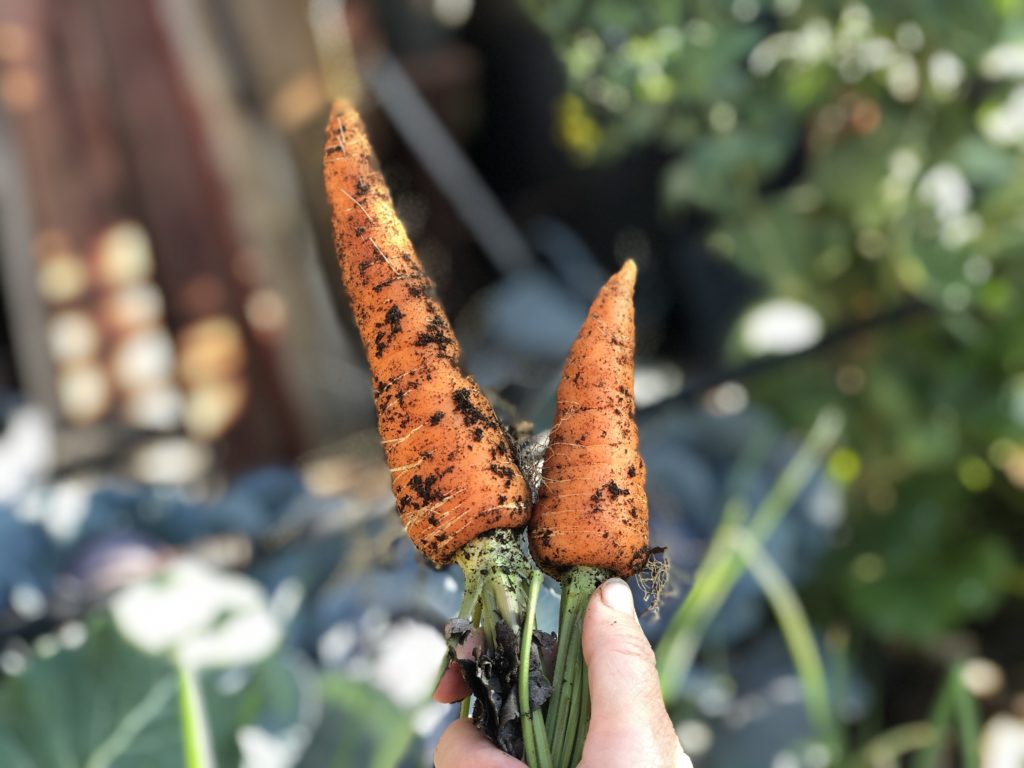
Grow your own food: Even if you’re not blessed with a garden where you cangrow your own food, there are many things you can grow on a balcony or even indoors. Sprouts are an easy chlorophyll rich vegetable to grow indoors. Tomatoes, potatoes and lettuce can be grown in buckets and pots on a balcony.
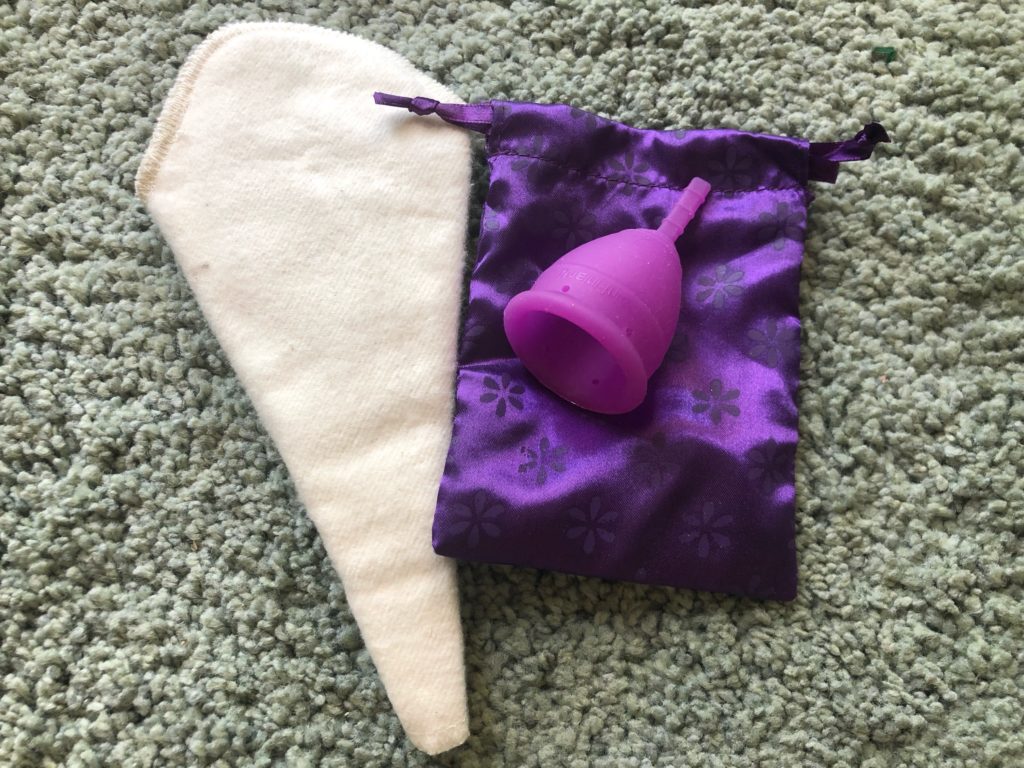
Switch to reusable menstrual products: Using reusable pads and diva cups is better for your health, the planet and your wallet because “normal” products usually are pretty expensive and contains lots of harmful chemicals.
Wash clothes in cold water: Modern day detergents don’t need hot water to work, and since 90% of the energy used for washing clothes is used to heat the water, you really can cut cost and go green by washing in cold water. Furthermore, since hot water tends to bleach colors, washing in cold water will also save all your brightly colored clothes. To find out how much money your family can save by washing with cold water, you can try Seven Generation’s Calculator.
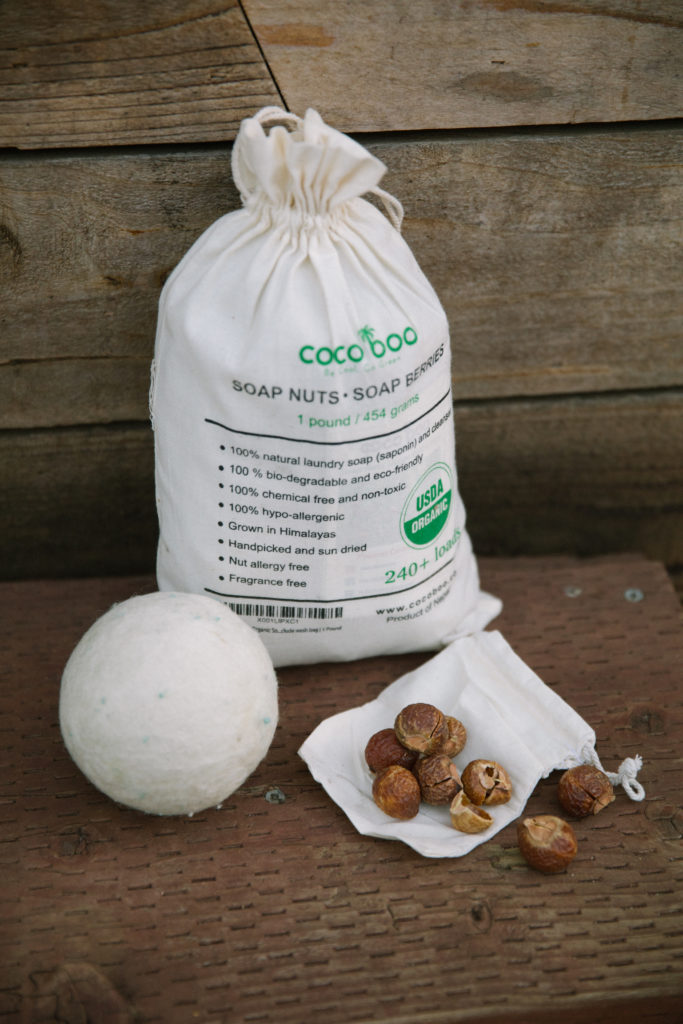
Use soap nuts: My family has been washing our clothes and cloth diapers with soap nuts for years and love them. A 1-pound bag costs about $20 and lasts forever. You use about 5 soap nuts in a small bag with each load, and you can wash about 3-5 loads of laundry with the same nuts. They are biodegradable, so afterward you can throw them onto the compost.
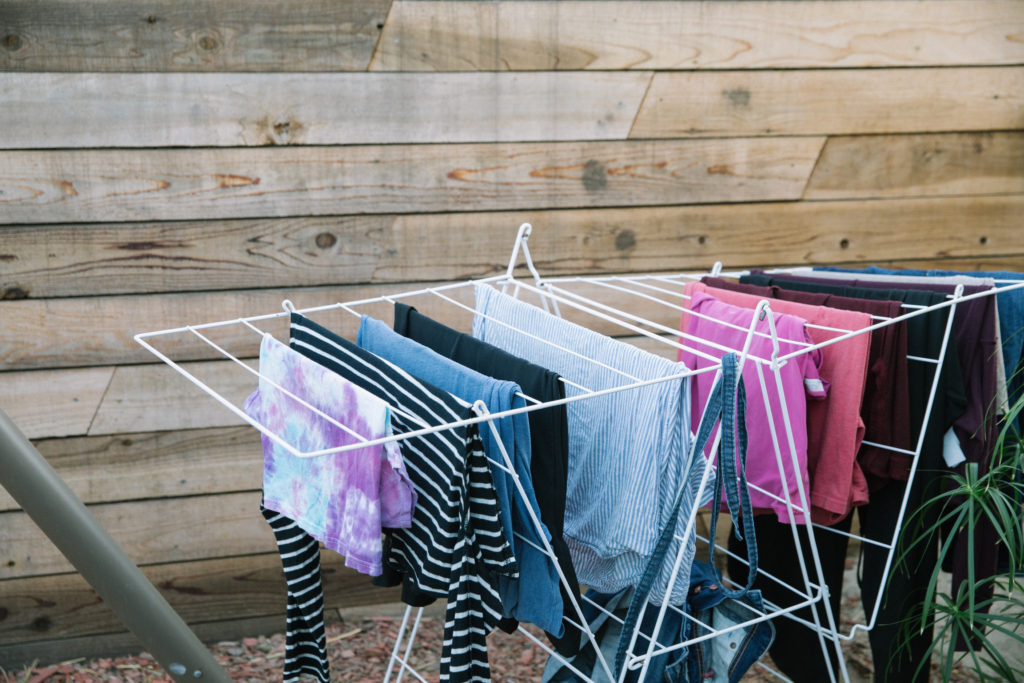
Hang dry laundry: Hang drying laundry is, yes, a little more work, but it saves so much energy andactually saves your clothes, too. We invested in an Ikea drying rack that can be extended when in use and folded for easy storage when not.
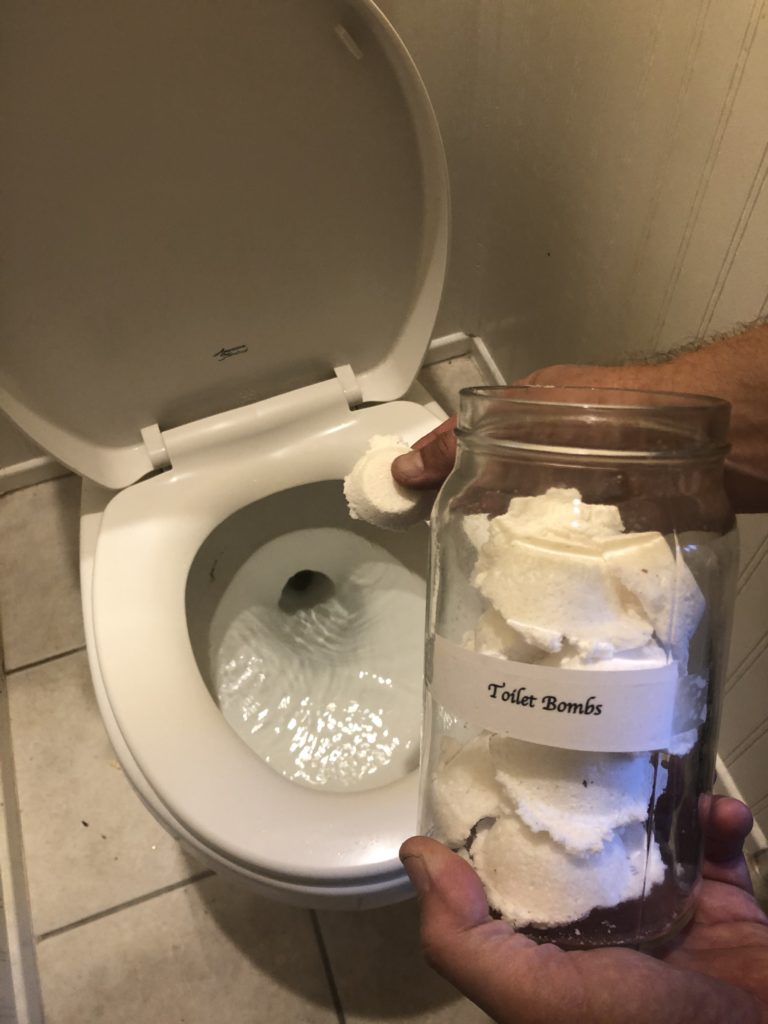
Make your own cleaning products: Dishwasher and laundry detergents, all purpose window, toilet bowl and tile cleaners are surprisingly expensive; and of course lots of it contains tons of chemicals. They may contain toxins and chemicals harmful to your family and the environment. (Chemical household products enter the environment through the drain.) Replacing your old cleaning products with homemade ones is super easy: most are actually common household supplies such as vinegar, baking soda and lemons. White vinegar, for example, costs about $2 and can be used to disinfect, clean and remove stains. Lemon juice and baking soda make a great smelling scrub for cleaning kitchens and bathrooms. They work like magic and smell better, too.
As you can see, by not going green, you’re flushing money down the drain. Paying attention and making some changes will help you save more money that could be used for more fun things. Saving money while minimizing your family’s carbon footprint is a win/win situation in my mind.
For more tips check out this link
https://voucheralarm.com/uk/blog/how-to-save-money-101-great-ways-to-get-you-started/


